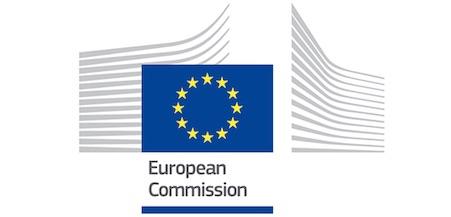
By Brian Collett — New rules preventing web platforms such as Google and Amazon from offering unfair terms to small businesses selling or promoting products are being considered by the European Commission.
Investigators are looking at a particular common complaint that rankings in search results favour the paying providers.
Brussels is already dealing with allegations that Google skews results to give priority to its own comparison shopping service.
Other issues for the Commission include unilateral contract changes, lack of access to essential sales and customer data, and inadequate transparency.
The investigation could propose EU-wide laws harmonising data protection rules and guaranteeing that consumers can shop across borders online.
The Commission has begun the investigation partly to promote small businesses and entrepreneurs and stimulate the weak European jobs market. At present it is encouraging the sharing economy, in which service providers are matched with consumers.
At the same the inquiry will hear complaints that US technology companies have become too powerful in Europe.
US operators and their associations are critical of the investigation.
James Waterworth, Europe vice-president at the US-based Computer & Communications Industry Association, which represents Google and Facebook, said: “We believe there’s not enough of a basis for general intervention and that the European Commission should use other instruments when there’s market failure.”
EDiMA, a European trade group representing online platforms including TripAdvisor and Apple, was “disappointed and astounded”.
The Commission expects to produce its proposals by the end of this year.
After a separate inquiry the Commission is to publish guidance showing providers how to speed up the removal of hate speech and extremist rhetoric from their platforms. This follows terrorism attacks in Europe in recent months.
The Commission does not intend to issue legislation. It aims instead to clarify minimum requirements for removing offending items.
TriplePundit has published articles from over 1000 contributors. If you'd like to be a guest author, please get in touch!














